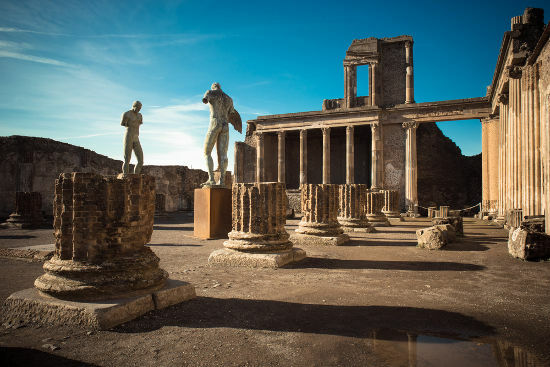Brazil already had 3 capitals: Salvador, Rio de Janeiro and Curitiba.
The first Brazilian capital was Salvador, between 1549 and 1763, and then Rio de Janeiro, from 1763 to 1960. A little known fact is that the city of Curitiba was named capital of Brazil for three days, from March 24th and 27th, 1969.
Brasília is currently the capital of Brazil since April 21, 1960.
Organization of Colonial Brazil
The hereditary capital system was the first form of political and administrative organization in Brazil implemented by the Portuguese Crown. From 1534 to 1549, Brazil was divided into strips of land called captaincies, which were headed by nobles trusted by King D. John III.
This system did not prosper, due to lack of resources and indigenous attacks, resulting in the abandonment of some captaincies.
Thus, there was a need to reorganize the territory, so that the General Government was instituted, whose objective was to make the colony grow.
The first capital of the country
March 29, 1549 is, officially, the date of foundation of the first capital of the General Government of Brazil.
The choice of Salvador, initially named São Salvador da Bahia de Todos os Santos, it was due to the fact that the Northeast region has the largest extraction of pau-brasil, as well as being the main producer of sugar. In addition, its location facilitated the export of these products.
The first governor-general of Brazil was the Portuguese military and politician Tomé de Sousa, who held office from 1549 to 1553.
For 214 years, Salvador was the capital of Brazil. The situation changed with the discovery of gold and the decline in sugarcane production.
When gold was found in Minas Gerais, Goiás and Mato Grosso, Salvador lost its position as the most important port. In this way, the seat of government was transferred to Rio de Janeiro in 1763, with the aim of inspecting the mining regions during the gold cycle.
We have more texts on the subject for you:
- Hereditary Captaincies
- State of Bahia
- Brazil states
- colonial Brazil exercises

